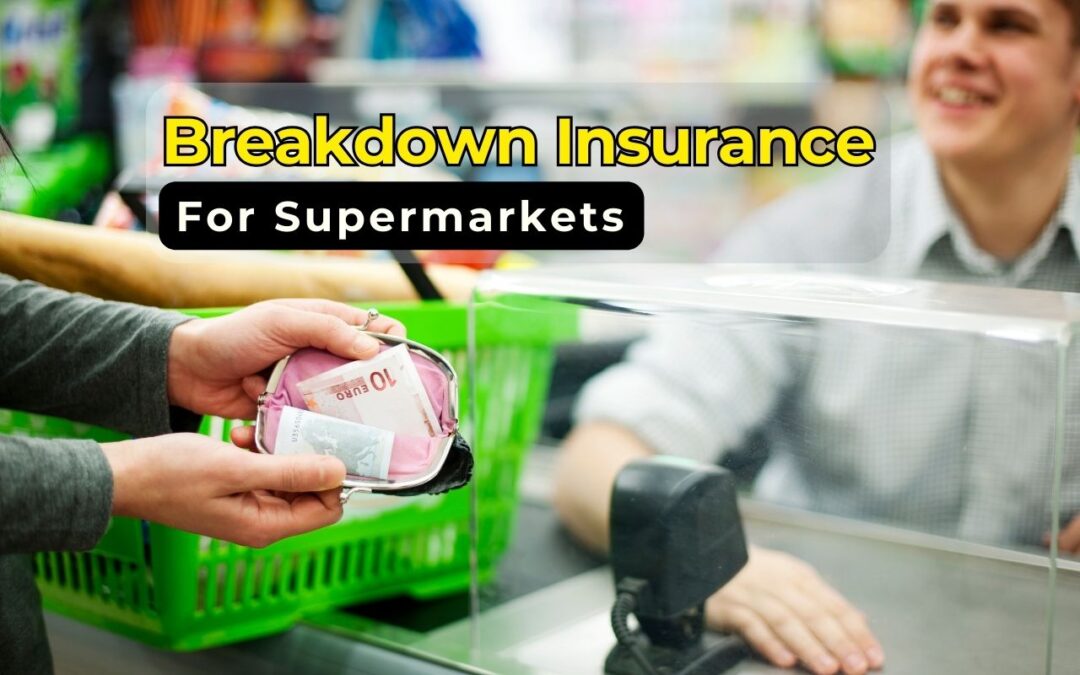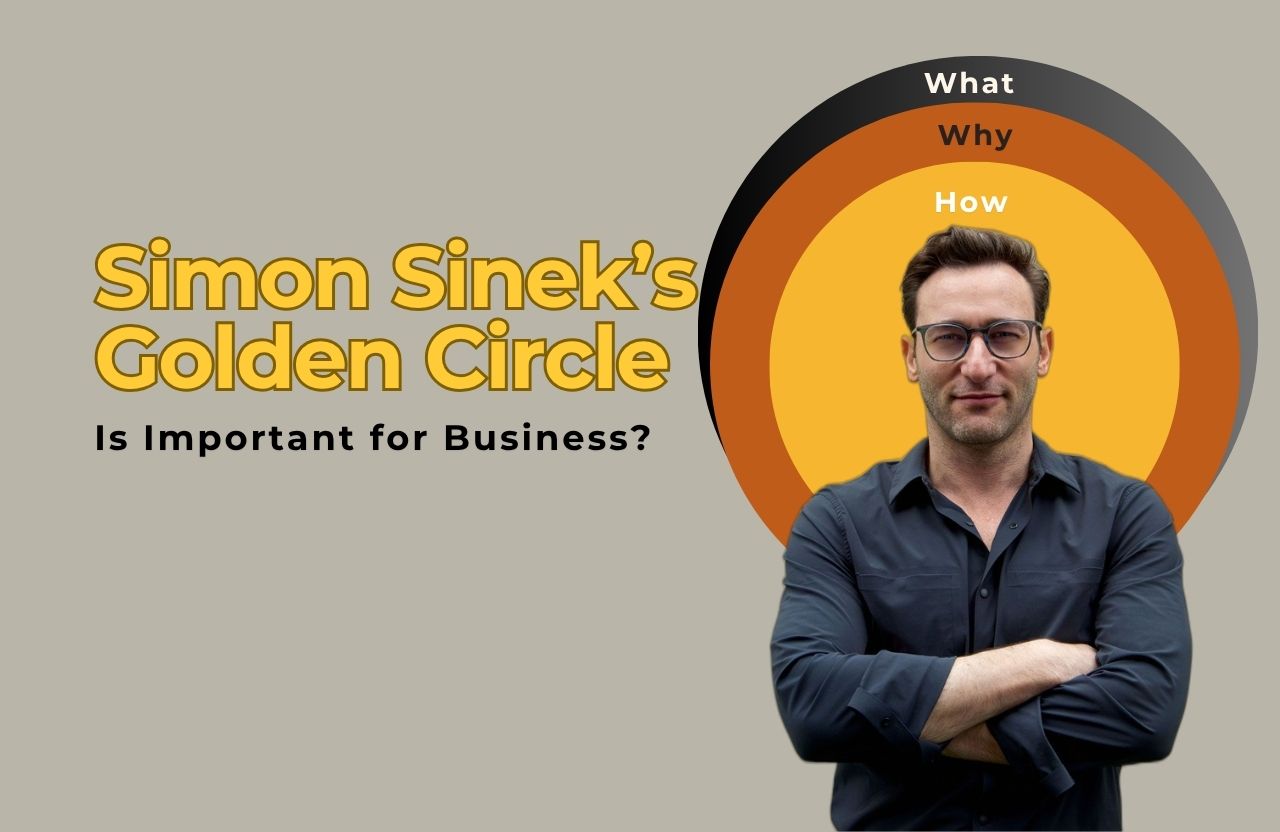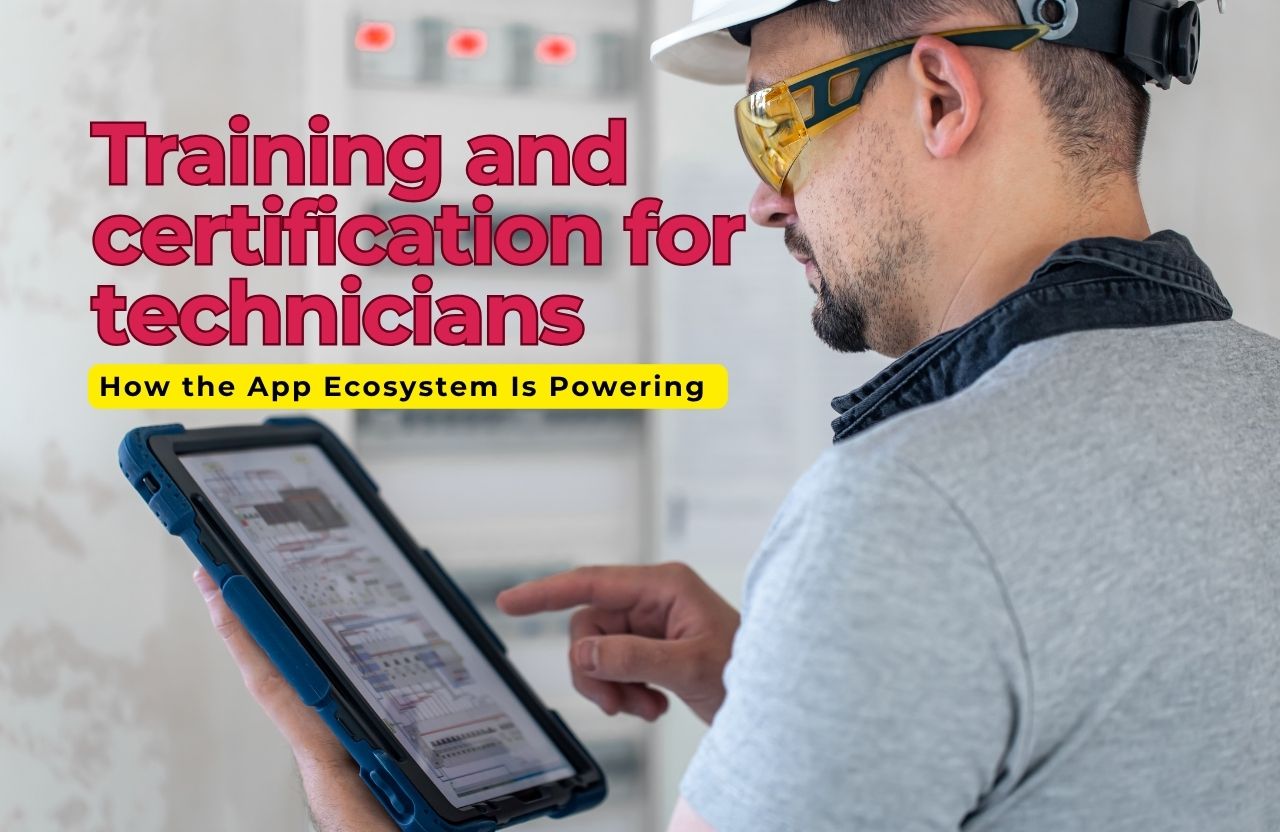In today’s fast-paced and consumer-driven economy, supermarkets are at the center of everyday life. These bustling retail hubs rely heavily on a complex network of electrical, mechanical, and technological systems to function efficiently. Any disruption—especially due to equipment failure—can have immediate and severe consequences. This brings us to a crucial but often overlooked form of protection: Equipment Breakdown Insurance. But the question remains: is this type of insurance a necessity or an optional luxury?
What Is Equipment Breakdown Insurance?
Equipment Breakdown Insurance, also known as boiler and machinery insurance, is a specialized form of commercial insurance that covers damages resulting from sudden and accidental breakdowns of machinery and equipment. Unlike traditional property insurance, which typically only covers damage from external sources such as fire, storms, or vandalism, this coverage focuses on the internal malfunctions and mechanical failures that disrupt operations.
Common Equipment Covered:
- Commercial refrigeration units and freezers
- Heating, ventilation, and air conditioning (HVAC) systems
- Point-of-sale (POS) systems
- Electrical panels and generators
- Alarm and security systems
- Escalators, elevators, and automated entry systems
The Critical Role of Equipment in Supermarkets
Supermarkets are complex operations that depend on a variety of systems running seamlessly. A single failure can lead to a cascade of operational issues:
1. Perishable Inventory at Risk
The most glaring risk in the supermarket environment is the high volume of perishable goods. Fresh produce, dairy, meat, and frozen items must be kept at regulated temperatures. A malfunctioning freezer or refrigeration unit can lead to spoilage within hours, causing both financial loss and regulatory issues.
2. Customer Experience and Checkout Efficiency
Today’s consumers expect speed and convenience. POS systems, self-checkout kiosks, barcode scanners, and card readers must function without interruption. A system crash during peak hours can result in long queues, abandoned carts, and lost sales.
3. Energy and Environmental Controls
HVAC systems maintain comfortable shopping environments and contribute to energy efficiency. A breakdown could make the space uncomfortable for shoppers and staff alike, reducing foot traffic and employee productivity.
4. Security and Compliance
Security systems, including cameras, alarms, and automated doors, help protect the store from theft and ensure compliance with safety regulations. A failure in these systems could lead to security breaches and potential legal liabilities.
Why Supermarkets Need Equipment Breakdown Insurance
Supermarkets operate on slim profit margins, and even short interruptions can impact their bottom line. Here’s why equipment breakdown insurance should be considered essential:
A. Financial Protection Against Unexpected Breakdowns
Equipment failures often come without warning. This coverage helps pay for repair or replacement costs, reducing the financial burden of unplanned expenses.
B. Coverage for Spoiled Goods
Many equipment breakdown policies include spoilage coverage, reimbursing the cost of perishable goods lost due to malfunctioning equipment. This is especially vital for supermarkets, where large quantities of food are stored and displayed.
C. Minimizing Business Interruption Losses
Some policies offer business interruption insurance as an add-on or part of the package. This compensates for lost income while your operations are halted due to equipment failure.
D. Fast Recovery and Continuity
Insurance can provide access to emergency repair services or temporary replacement equipment, helping supermarkets recover quickly and maintain customer trust.
E. Cost-Efficiency in the Long Run
Though there is a cost associated with the premiums, the expense is minimal compared to the potential losses from a significant equipment failure.
Real-World Scenarios: The Impact of Not Being Covered
Example 1: Refrigeration Failure in a Mid-Sized Grocery Store
In a suburban grocery store, the main refrigeration unit failed overnight due to an electrical surge. By the morning, thousands of dollars’ worth of meat and dairy products had spoiled. The repair cost was $12,000, and the loss in inventory was valued at $30,000. Their general commercial property insurance did not cover internal mechanical failure, leaving the owner to cover the $42,000 loss out-of-pocket.
Example 2: POS System Crash During Holiday Rush
During the holiday season, a busy supermarket experienced a POS system crash on Christmas Eve—the busiest shopping day of the year. The store was forced to shut down for six hours. Sales losses amounted to over $50,000 in just one day. With equipment breakdown coverage including loss-of-income protection, the store could have mitigated the financial impact.
Example 3: HVAC Breakdown in Summer
In a large urban supermarket, the HVAC system failed in the middle of a summer heatwave. The result was unbearable shopping conditions, forcing the store to close early for two days. Not only did the store lose revenue, but it also suffered reputational damage. An equipment breakdown policy could have facilitated emergency repairs and provided compensation for lost business.
Breaking Down the Coverage: What Does It Include?
Core Coverage Areas:
- Repair or Replacement Costs: For covered equipment due to mechanical, electrical, or pressure systems failure.
- Spoilage Coverage: Compensation for perishables that are ruined due to equipment malfunction.
- Business Income Loss: Reimbursement for revenue lost during downtime.
- Temporary Equipment Rental: Covers the cost of renting temporary equipment while waiting for repairs.
- Diagnostic Costs: Pays for the troubleshooting and labor needed to determine the problem.
- Expediting Expenses: Covers additional costs for rush repair or shipping services.
Cost Considerations: Is It Affordable?
Premiums for equipment breakdown insurance vary based on several factors:
- Size of the store
- Age and type of equipment
- Location and risk profile
- Claims history
On average, supermarkets can expect to pay between $500 to $3,000 annually, depending on their specific setup. Compared to the potential tens of thousands in losses from a single incident, this is a relatively small investment.
When Might It Be Considered a Luxury?
There are instances where supermarkets might opt to self-insure or view the coverage as non-essential:
- New or Leased Equipment: If your equipment is under a comprehensive manufacturer’s warranty, the risk may be lower.
- Small Format Stores: A convenience store with minimal refrigeration needs and lower perishable stock might face less risk.
- Robust Contingency Plans: If you have backup systems in place or multiple locations that can absorb short-term disruptions, you might deprioritize this insurance.
However, even in these scenarios, a low-cost policy could still act as a valuable safety net.
Equipment Breakdown Insurance vs. Standard Property Insurance
| Feature | Equipment Breakdown Insurance | Property Insurance |
| Covers internal failures | ✅ | ❌ |
| Covers power surges | ✅ | ❌ |
| Covers operator error | ✅ | ❌ |
| Covers natural disasters | ❌ | ✅ |
| Covers spoiled inventory | ✅ (with endorsement) | ❌ |
| Covers physical damage (e.g., fire) | ❌ | ✅ |
Regulatory and Compliance Considerations
In many jurisdictions, especially in urban or densely populated areas, supermarkets are subject to strict health and safety regulations. A failure to maintain food-safe temperatures, air quality, and secure environments due to equipment failure can lead to penalties or even temporary shutdowns. Equipment breakdown insurance not only provides financial relief but also helps maintain compliance and operational continuity.
Expert Opinions
According to Mark Walters, a risk management consultant specializing in retail operations:
“One of the most underestimated risks in supermarket management is internal equipment failure. The assumption that property insurance covers everything is misguided. Equipment Breakdown Insurance fills that critical gap and is vital for maintaining cash flow and reputation.”
Similarly, industry reports suggest that supermarkets investing in comprehensive insurance packages, including equipment breakdown coverage, experience faster recovery times and lower long-term operational risks.
Final Verdict: Must-Have or Luxury?
For most supermarkets—especially those handling significant volumes of perishables, relying on advanced tech systems, and operating in highly competitive markets—Equipment Breakdown Insurance is a must-have. The risks of downtime, financial loss, reputational damage, and regulatory penalties are simply too significant to ignore.
On the other hand, for very small or low-risk operations with alternative protections in place, it might be seen as an optional layer of protection. Still, the relatively low cost of premiums makes it a wise investment for peace of mind.
Conclusion
Supermarkets are more than just retail outlets—they are finely tuned ecosystems reliant on technology and machinery. A single breakdown can create a ripple effect of losses. In such an environment, Equipment Breakdown Insurance acts not just as a safety net, but as a strategic asset that ensures business resilience, continuity, and growth.
If you haven’t yet considered this form of protection, now is the time to reassess your insurance strategy. In an age where every hour of downtime can cost thousands, can you really afford to go without it?












